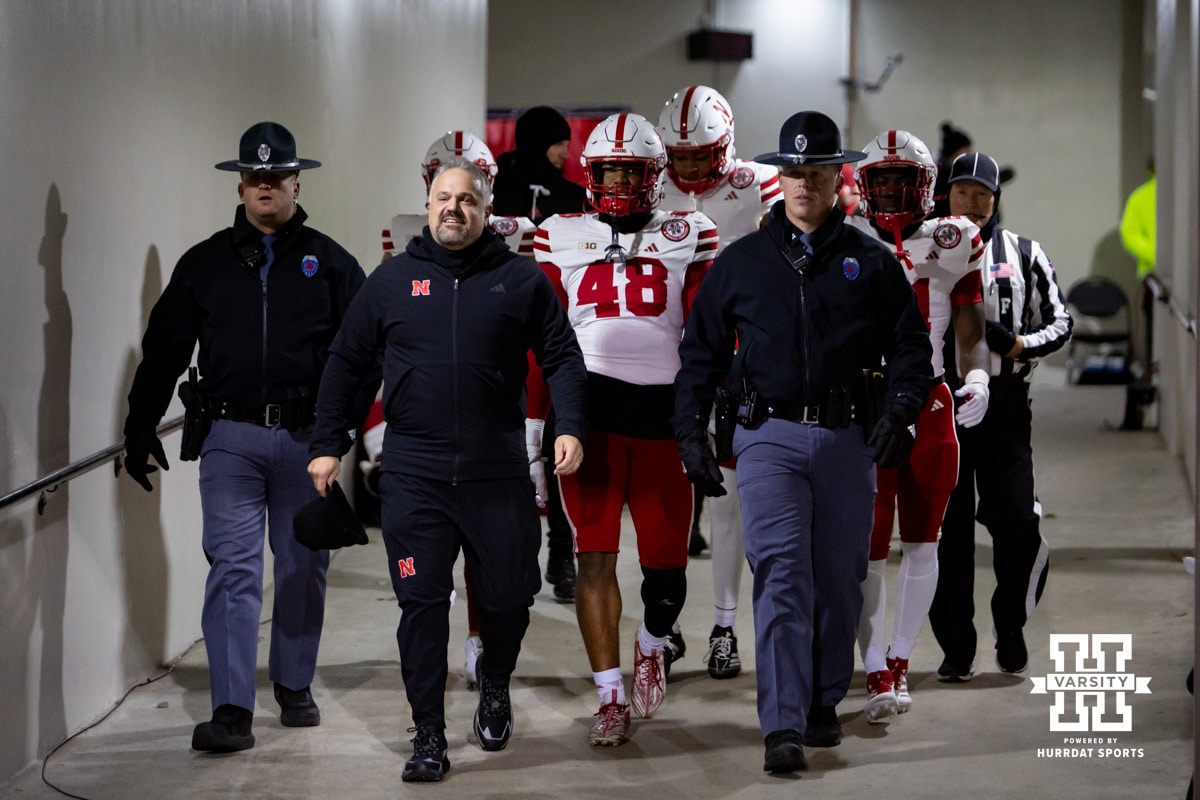Today on Hurrdat Sports Radio, Mike Schaefer of Husker247 joins Ravi Lulla and Damon Benning to dive into one of college football’s most debated strategies throughout the years: redshirting. There has been an evolving dynamic around player development and retention in today’s transfer portal era.
The Case Against Redshirting
Schaefer presents a compelling argument about the diminishing returns of redshirting in modern college football. The traditional model of sitting players for a year to develop might not align with the realities of today’s game. Using Nebraska football as an example, he notes that players like Riley Van Poppel and James Williams might have been better utilized on the field rather than banking on future seasons that are never guaranteed.
“It just makes sense to try to derive the value and play these players as early as you’re capable of doing so,” Schaefer explains. The transfer portal coupled with NIL opportunities, creates a volatile landscape where long-term planning often clashes with short-term realities.
The Importance of Maximizing Value
Schaefer emphasizes the need for coaches to adapt their strategies, arguing that developmental programs like Nebraska might struggle to compete unless they maximize the immediate value of their players. “If you’re on the fence … I would always lean towards just playing them and not using the redshirt,” he asserts. Nebraska’s head coach, Matt Rhule, must balance his reputation as a developer of talent with the urgent need to produce wins in a rapidly changing environment.
Navigating the Transfer Portal Era
They also touch on the unpredictability of the transfer portal, with Schaefer noting that even well-laid plans can be overturned by unexpected player departures. He brings up the example of Emmett Johnson, whose brief portal stint highlighted the complexities coaches face in retaining talent.
Schaefer also speculates that the portal might evolve into a tool for players to reassess their market value annually, much like professional athletes exploring free agency. “If you’re looking to get a raise, usually the best way to get a raise is to have someone else want to hire you away from where you’re at,” he remarks, drawing parallels to strategies used by assistant coaches.
The Road Ahead for Nebraska
For programs like Nebraska, success will hinge on finding and exploiting market inefficiencies in college football. Schaefer acknowledges the challenges but remained optimistic about Nebraska’s position under Rhule’s leadership. “You have to figure out what the market inefficiency is that you’re going to exploit,” he notes, comparing the process to strategies employed by underdog teams in professional sports.
While the redshirting debate continues, one thing is clear: the traditional playbook is no longer sufficient. As Schaefer puts it, “This isn’t the same college football world that Matt Rhule left, and he knows that.” The Huskers’ ability to adapt to this new reality will be critical in determining their future success.

Listen to Hurrdat Sports Radio live Monday thru Friday 7am – 10am.



